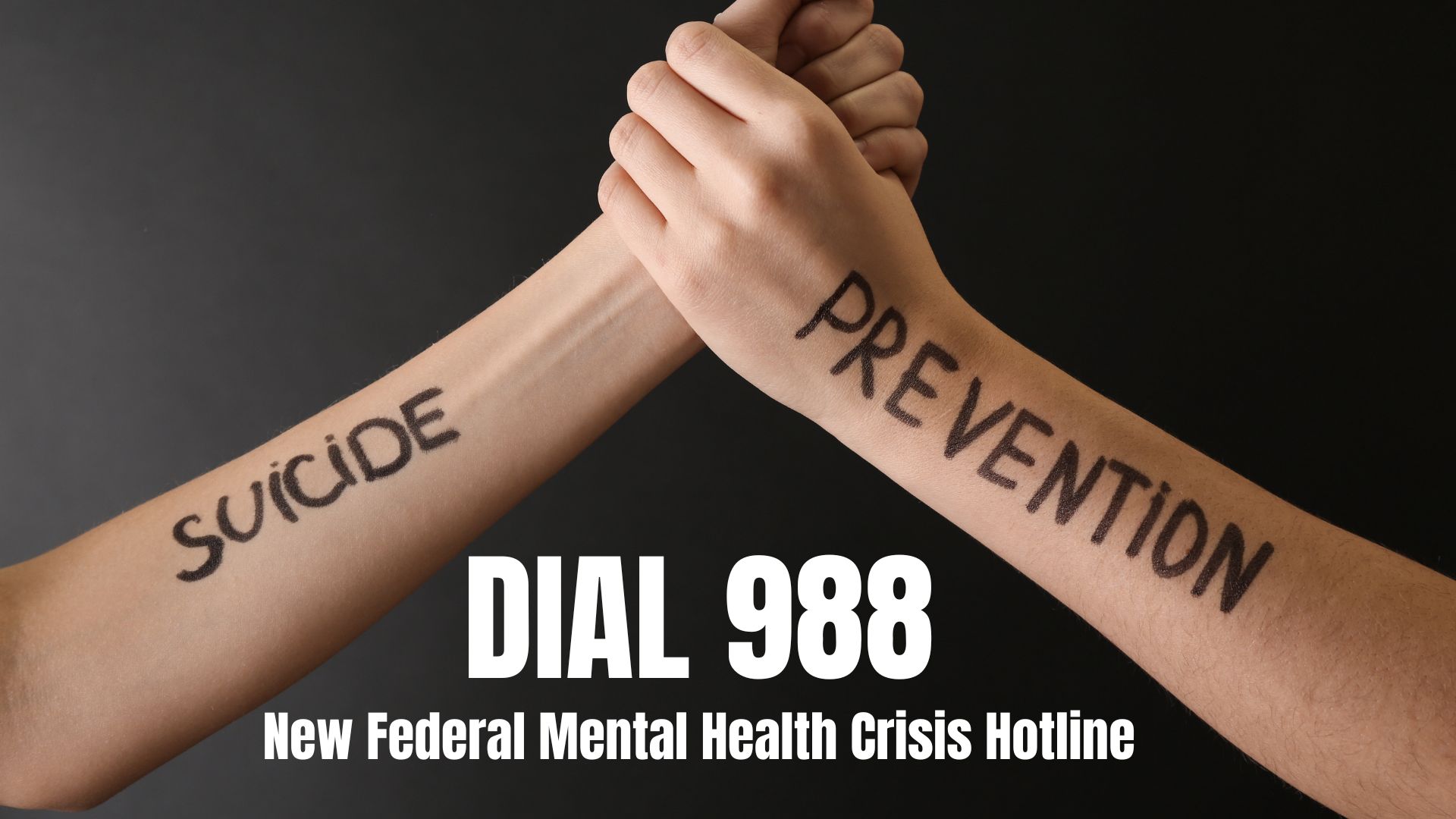
September is Suicide Prevention Awareness Month, a time to raise awareness about often stigmatized mental health. In addition to altering the public’s image of suicide, awareness provides peoples hope and the essential information for those affected.
Suicidal ideation, which are thoughts and ideas about suicide, can affect anyone regardless of age, gender, or background. In truth, the majority of suicides are caused by untreated mental health conditions. Although suicidal ideation is not uncommon, it should not be considered normal because it typically indicates more severe issues. (National Institute of Mental Health)
How To Cope with Suicidal Thoughts?
Suicidal ideation does not imply that you are insane, weak, or flawed. These thoughts mean that you are in pain, you’re upset, or grief-stricken. Here are some ways to cope with suicidal thoughts.
Get Professional Assistance
Generally, working with a qualified mental health practitioner is the most effective strategy to address suicidal thoughts. A therapist can assist with recognizing potential triggers and exploring treatment alternatives, in addition to helping develop a safety plan.
Prepare A Backup Plan
Planned safety measures can go a long way toward ensuring your safety during a crisis. Typically, safety plans entail compiling lists of suicidal ideation triggers or early warning signs, coping strategies, and contact information for supporting professionals in one place. A therapist can help you create a plan.
Stay In Touch With People
Maintaining contact with those who care about you may make it easier to manage a mental health crisis, even if guilt or a sense of being a burden may cause you to avoid them. Try contacting someone you trust by saying, “I’m going through a difficult time. Can you support me?”
Positive Diversions
Engaging in enjoyable activities can help alleviate depressing or unpleasant thoughts rekindling happiness and positivity.
Prioritize Self-Care
Even though it may seem challenging, self-care plays an important role in coping. Try to eat well-balanced meals, stay hydrated, engage in physical activity (even if it’s just stretching or walking around the house), and sleep between 7 and 9 hours per night as much as possible. (Kerr)
What Are The Treatment or Therapy Options Available?
Cognitive Behavioral Therapy (CBT)
CBT is a sort of psychotherapy that can assist individuals in learning new coping mechanisms for stressful situations. When suicidal thoughts develop, CBT teaches individuals to notice their cognitive patterns and choose alternate activities. (Cherry)
Dialectical Behavior Therapy (DBT)
DBT is a form of psychotherapy that has been demonstrated to minimize suicidal behavior in teenagers. A DBT-trained therapist can assist an individual in recognizing when their moods or behaviors are disruptive or harmful and teach them coping techniques that will allow them to respond more effectively to distressing situations.
Collaborative Care
It is a team-based method of providing mental health care. A behavioral health care manager will establish a treatment plan in collaboration with the individual, their primary health care practitioner, and mental health professionals. It has been demonstrated that collaborative care is an effective method for treating depression and decreasing suicide ideation. (CDC, 2021)
Recovering From Suicidal Thoughts
Get help even if your suicidal thoughts and feelings have subsided. This type of emotional pain can be a traumatic experience. Finding a support group or therapist can be highly beneficial in reducing the likelihood of future suicidal thoughts.
You can get help and referrals from your doctor or the crisis helplines listed below.
Suicide crisis lines in the U.S.:
National Suicide Prevention Lifeline at 1-800-273-8255 or IMAlive at 1-800-784-2433.
The Trevor Project offers suicide prevention services for LGBTQ youth at 1-866-488-7386.
SAMHSA’s National Helpline offers referrals for substance abuse and mental health treatment at 1-800-662-4357.
On The United States’ first nationwide three-digit mental health crisis hotline went live on Saturday, July 11, 2022. It’s designed to be as easy to remember and use as 911, but instead of a dispatcher sending police, firefighters or paramedics, 988 will connect callers with trained mental health counselors.
The federal government has provided over $280 million to help states create systems that will do much more, including mobile mental health crisis teams that can be sent to people’s homes and emergency mental health centers, similar to urgen care clinics that treat physical aches and pains. (Tanner, 2022)
You’re Not Alone
Even if life’s difficulties and calamitous events seem overwhelming, it may be comforting to know that you are not alone. Sharing your feelings with a loved one or therapist may make it easier to receive the right kind of help, even if it does not completely transform your situation or eliminate your negative thoughts.
Works Cited
National Institute of Mental Health. “Suicide Prevention.” National Institute of Mental Health, U.S. Department of Health and Human Services, www.nimh.nih.gov/health/topics/suicide-prevention.
Melinda. “Suicide Prevention.” HelpGuide.org, 24 May 2022, www.helpguide.org/articles/suicide-prevention/suicide-prevention.htm.
NAMI. “Suicide Prevention Awareness Month.” NAMI, www.nami.org/Get-Involved/Awareness-Events/Suicide-Prevention-Awareness-Month.
Centers for Disease Control and Prevention. “Suicide Prevention.” Centers for Disease Control and Prevention, Centers for Disease Control and Prevention, 25 Feb. 2022, www.cdc.gov/suicide/index.html.
Cherry, Kendra. “How Cognitive Behavior Therapy Works.” Verywell Mind, www.verywellmind.com/what-is-cognitive-behavior-therapy-2795747.
Kerr, Michael. “Dealing with Suicidal Thoughts.” Healthline, Healthline Media, 17 Dec. 2021, www.healthline.com/health/depression/suicidal-thoughts#passive-thoughts.
Tanner, L. (2022, July 15). New 988 hotline is the 911 for mental health emergencies. AP NEWS. Retrieved July 17, 2022, from https://apnews.com/article/mental-health-hotline-988-ac50f02b74b8b89be5592be3f3605ff5





